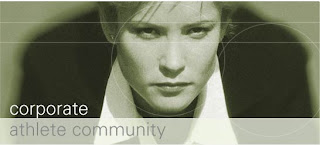
The tragedy in Arizona has attracted a lot of news, especially in a media-centric world we have today. I find especially interesting the case of the local sheriff who has become newsworthy because of his public statements about possible influence of political rhetoric on the assailant. In an interview just hours after the shooting he implicated conservative pundits and politicians for inciting hateful rhetoric.
It seems normal that people will make assumption and judgments based on their world view and it would seem Sheriff Dupnik was doing this as a human reaction to seeing friends seriously injured or killed by a senseless act. What is interesting, however, is how the sheriff has responded since that first day. Given the chance to walk back his comments, he actually made them ore strident--calling the state bigoted (related to the hot topic of immigration).
In fact, on Monday--two days after the incident and after information clearly showed that politics and ideology likely had no influence on the killer--he upped the rhetoric leaving a local newspaper to write, "Enough attacks, sheriff. Enough vitriol. It is well past time for the sheriff of Pima County to get a grip on his emotions and remember his duty."
So is this an ethical lapse by the sheriff? Probably, but it sticks out for us because of how most people in that position will largely hide their personal feelings so well. I suspect as a younger man, sheriff Dupnik would have been better at handling the separation of professional duty and personal conviction, but as a veteran well into his seventies he may be signaling he is tired of holding on to that professional "facade" anymore.
It is actually amazing how so many professionals are able to keep their composure and take on a perspective that belies personal affinity or preferences. Every day we go to work we have to sometimes suspend the personal--that is what defines a professional. Sheriff Dupnik is probably a decent sheriff but appears to no longer seek to honor professional decorum. Ability to act according the needs of the job over personal feeling is what defines a professional, not just that they make money for doing it. It will not be surprising the sheriff will be retiring in the near future.



